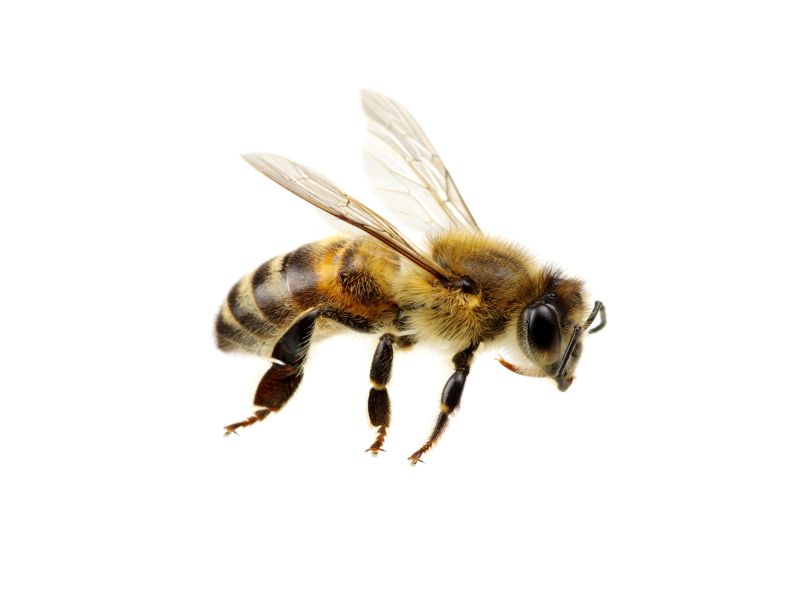
For most of us, an insect bite means an annoying itch and some minor discomfort. But more and more people are having serious — and even potentially deadly — reactions to bites and stings, researchers report.
Up to 7 percent of the adult U.S. population now appears to be allergic to insect stings. Reactions can vary from a large, long-lasting swelling just at the site of the bite to a body-wide response that can even interfere with breathing. And once you have an allergic reaction, you stand a good chance of having another one, even 10 or 20 years later.
According to the American Academy of Allergy, Asthma & Immunology (AAAAI), the most serious allergic reactions come from yellow jackets, honeybees, paper wasps, hornets and fire ants. Experts suggest that if you’ve ever had an allergic reaction to a sting, schedule a visit with a board-certified allergist. Skin and blood tests are typically used to confirm which types of venom affect you.
If your reaction was severe, such as life-threatening anaphylaxis, talk to the doctor about having emergency epinephrine — an EpiPen or similar self-injection — with you at all times.
One way to reduce the risk of a serious reaction is by getting allergy shots, a treatment called venom immunotherapy. According to a report in the New England Journal of Medicine, it could reduce the chances of a severe reaction to less than 5 percent.
And should you still get a reaction, it will almost always be mild. Be aware that the treatment time is lengthy — shots are typically given over three to five years, according to the AAAAI.
When outdoors, everyone can take simple steps to avoid getting stung. Skip sweet smelling perfumes and clothing with bright floral prints — both are magnets for attracting insects.
More information
The American Academy of Allergy, Asthma & Immunology has more on stinging insect allergies, including warning signs and treatments.
Source: HealthDay

Leave a Reply